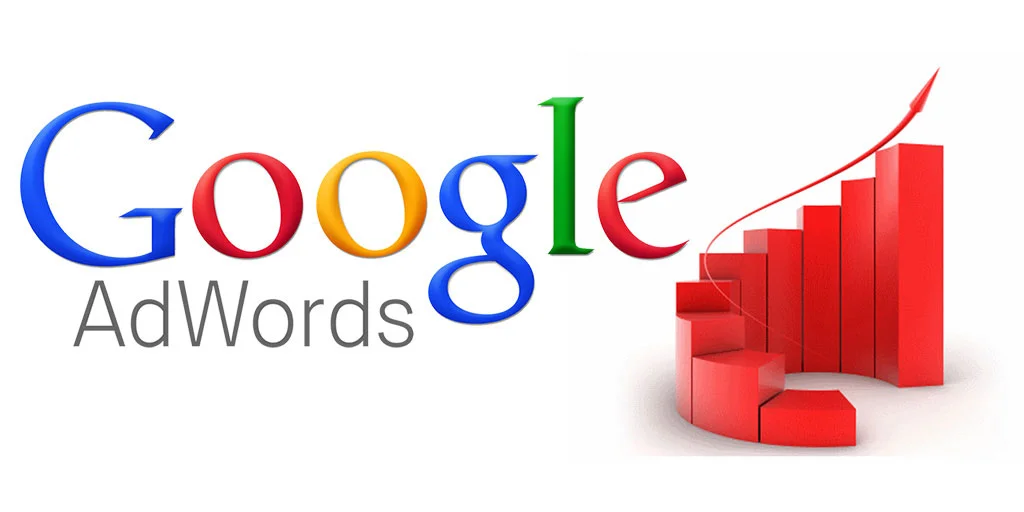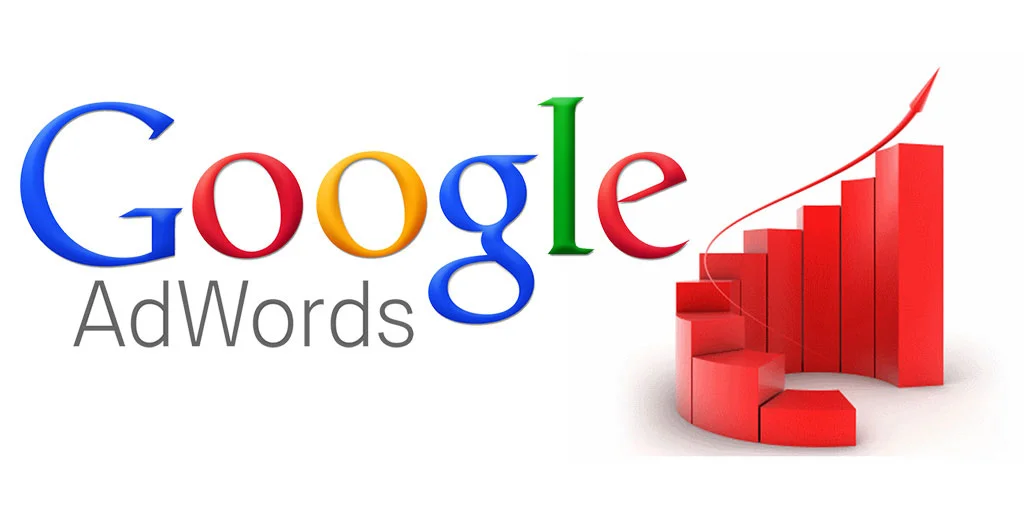Google Ad Words: Your Guide to Effective Online Advertising
Introduction
Google Ad Words is a cornerstone of online advertising, offering businesses the opportunity to reach a vast audience. Understanding how to leverage Google Ad Words effectively can transform your marketing efforts. This article will guide you through the essentials of Google Ad Words, its benefits, and strategies to optimize your campaigns.
What is Google Ad Words?
Google Ad Words, now known as Google Ads, is an advertising platform by Google. It allows businesses to display ads on Google’s search engine results pages (SERPs) and across the Google Display Network. These ads can be in the form of text, display banners, or videos, targeting users based on their search queries and browsing habits.
Benefits of Using Google Ad Words
1. Targeted Advertising
It enables precise targeting. You can choose your audience based on keywords, location, language, device, and even the time of day. This specificity ensures that your ads are seen by people who are most likely to be interested in your products or services.
2. Cost Control
With Google Ad Words, you have control over your advertising budget. You can set daily budgets and maximum bids for clicks, ensuring that you only spend what you can afford. The pay-per-click (PPC) model means you only pay when someone interacts with your ad.
3. Measurable Outcomes
It provides detailed analytics for tracking ad performance. Metrics like impressions, clicks, and conversions help you understand the effectiveness of your campaigns and make data-driven decisions to improve them.
4. Speedy Results
Unlike SEO, which can take time to show results, It can drive immediate traffic to your site. Once your campaign is live, your ads can start appearing on search results pages almost instantly.

Creating a Successful Google Ad Words Campaign
1. Set Clear Objectives
Start by defining what you want to achieve with your campaign. Whether it’s increasing website traffic, generating leads, or boosting sales, having clear goals will help shape your campaign strategy.
2. Conduct Keyword Research
Effective keyword research is crucial. Use tools like Google Keyword Planner to find keywords relevant to your business. Focus on keywords with high search volume and low competition to get the best results.
3. Craft Engaging Ad Copy
Your ad copy should be concise and compelling, highlighting your unique selling points. Use action-oriented language and include a clear call to action to encourage clicks.
4. Optimize Landing Pages
Ensure that the landing pages your ads lead to are optimized for conversions. They should be relevant to the ad, have clear and concise information, and include a strong call to action.
5. Set a Budget and Choose Bidding Options
Decide on a daily budget and select a bidding strategy that aligns with your goals. It offers various bidding options, including cost-per-click (CPC), cost-per-thousand-impressions (CPM), and cost-per-acquisition (CPA).
6. Monitor and Refine Your Campaigns
Regularly review your campaign performance and make necessary adjustments. This could involve tweaking your keywords, ad copy, or budget to improve results.
Explore more about services
Advanced Strategies
1. Remarketing
Remarketing targets users who have previously visited your site. It’s an effective way to re-engage potential customers and remind them of your offerings.
2. Use Ad Extensions
Ad extensions add extra information to your ads, such as additional links, phone numbers, or location details. They can enhance the visibility and click-through rate of your ads.
3. A/B Testing
A/B testing involves creating multiple versions of an ad to determine which one performs better. This helps optimize your ad copy, headlines, and other elements for better engagement.
4. Incorporate Negative Keywords
Negative keywords prevent your ads from appearing for irrelevant searches, ensuring that you only attract quality traffic. This can improve your campaign’s effectiveness and reduce wasted spend.
Common Pitfalls to Avoid
1. Neglecting Mobile Users
Ensure your ads and landing pages are mobile-friendly. With a significant portion of searches coming from mobile devices, optimizing for mobile is crucial for success.
2. Using Broad Match Keywords
Broad match keywords can lead to irrelevant traffic. Focus on exact and phrase match keywords to ensure your ads appear for more relevant searches.
3. Ignoring Conversion Tracking
Without conversion tracking, it’s hard to measure the success of your campaigns. Set up conversion tracking to monitor key actions like purchases, sign-ups, and contact form submissions.
Conclusion
Google Ad Words is a powerful tool for businesses looking to enhance their online presence and drive traffic to their websites. By following the strategies outlined in this guide, you can create effective campaigns that yield measurable results.





